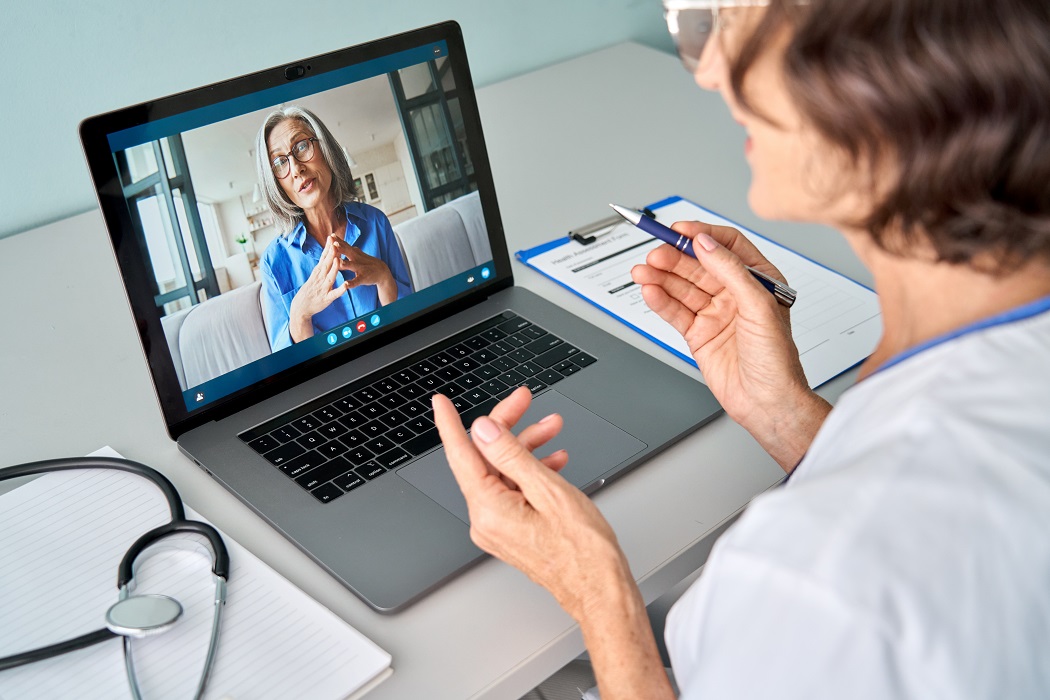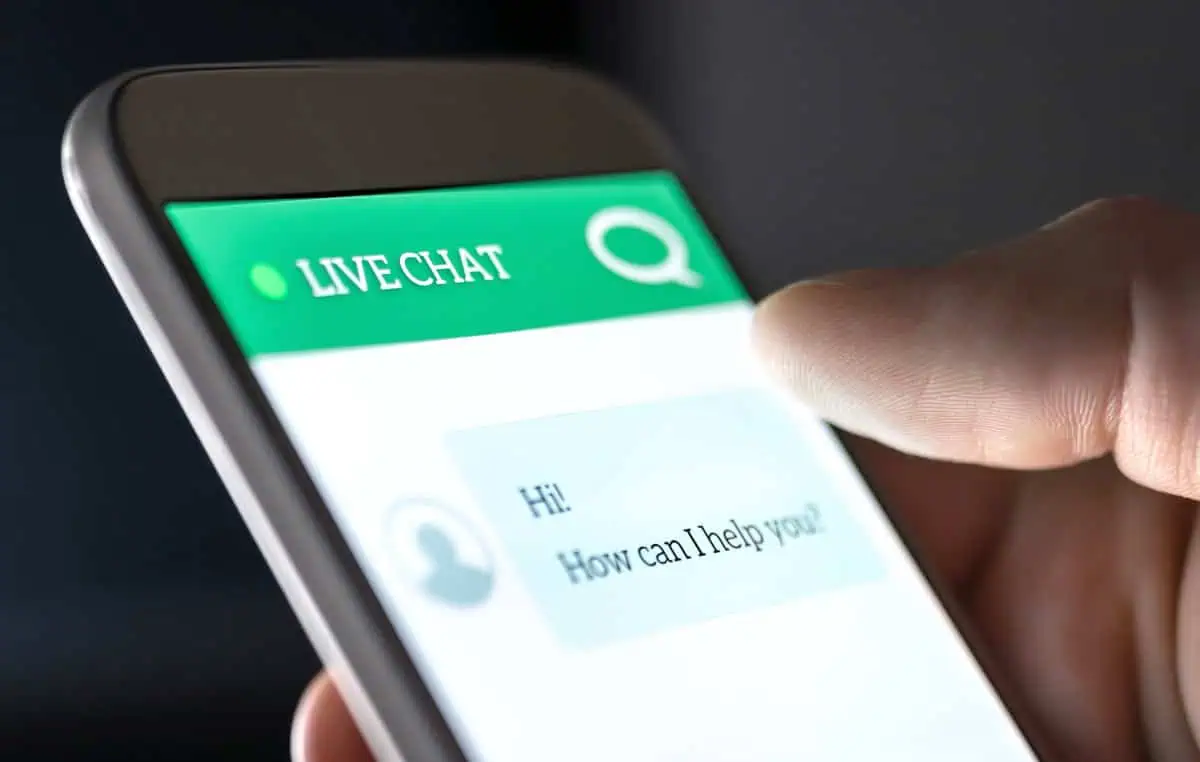The emergence of virtual assistants has revolutionized the healthcare landscape, particularly in the realm of remote medical consultations. These intelligent tools play a vital role in facilitating and enhancing the entire process of remote healthcare delivery, benefitting both patients and healthcare providers.
Seamless Appointment Scheduling: Virtual assistants streamline the process of setting up remote medical consultations. They can efficiently manage appointment bookings, taking into account the availability of both the patient and the healthcare provider. This leads to a smoother scheduling experience, reducing waiting times and optimizing the use of healthcare resources.
Pre-Consultation Preparation: Virtual assistants can gather essential information from patients before the remote consultation. They can inquire about medical history, symptoms, and specific concerns, thereby ensuring that healthcare providers have relevant background information to make informed decisions during the consultation.
Reminder and Confirmation Alerts: Virtual assistants can send appointment reminders and confirmation alerts to both patients and healthcare providers. This feature minimizes the likelihood of missed consultations, enhancing patient engagement and maximizing the healthcare provider’s efficiency.
Real-Time Interactions: During remote medical consultations, virtual assistants facilitate real-time interactions between patients and healthcare providers. They can assist with live chat, video conferencing, or voice calls, ensuring a smooth and uninterrupted flow of communication throughout the session.
Language Translation: In multicultural healthcare settings, virtual assistants can offer language translation services, breaking down language barriers between patients and healthcare providers. This ensures that patients can communicate their health concerns effectively, leading to accurate diagnoses and treatment plans.
Access to Medical Information: Virtual assistants can provide healthcare providers with instant access to patients’ medical records, test results, and treatment history. This availability of comprehensive patient information enhances the quality of remote consultations and fosters better-informed medical decisions.
Post-Consultation Follow-up: Virtual assistants can help with post-consultation follow-ups, ensuring that patients adhere to prescribed treatments and monitor their progress. They can send reminders for medication intake, future appointments, or additional tests, promoting continuity of care and better patient outcomes.
Integration with Health Monitoring Devices: Virtual assistants can be integrated with wearable health devices, allowing real-time monitoring of patients’ vital signs and health metrics. This enables healthcare providers to gain valuable insights into patients’ health status during remote consultations and adjust treatment plans accordingly.
In conclusion, virtual assistants play a multifaceted role in remote medical consultations, from streamlining appointment scheduling and facilitating pre-consultation preparation to providing real-time interactions, language translation, and post-consultation follow-ups. By enhancing communication, access to medical information, and monitoring capabilities, these intelligent tools contribute to the efficiency and effectiveness of remote healthcare delivery. As technology continues to advance, virtual assistants are likely to play an increasingly vital role in transforming the way healthcare is delivered and experienced worldwide.



